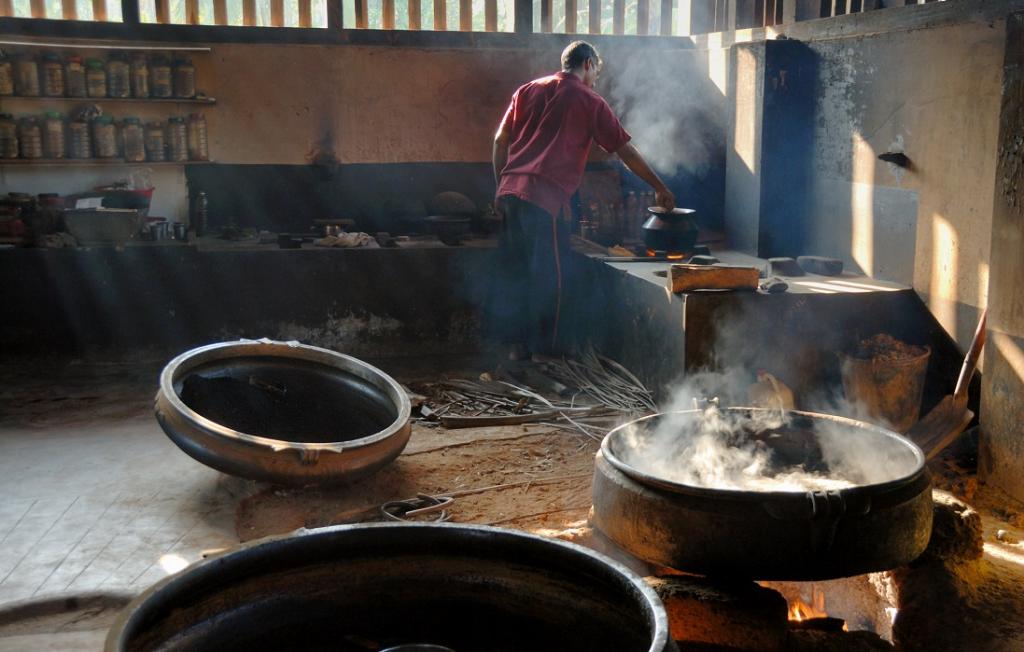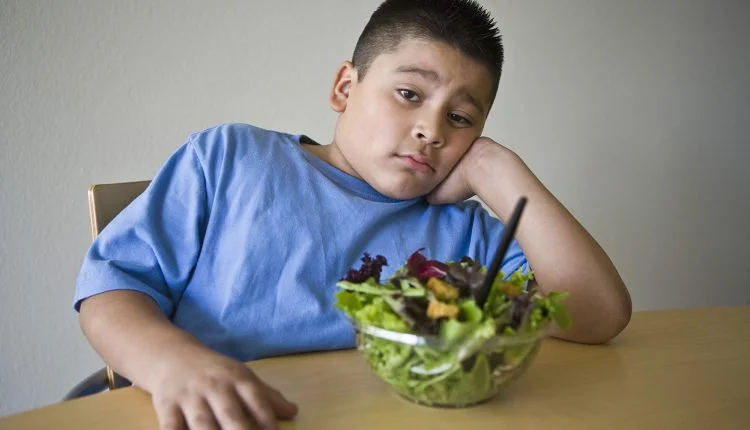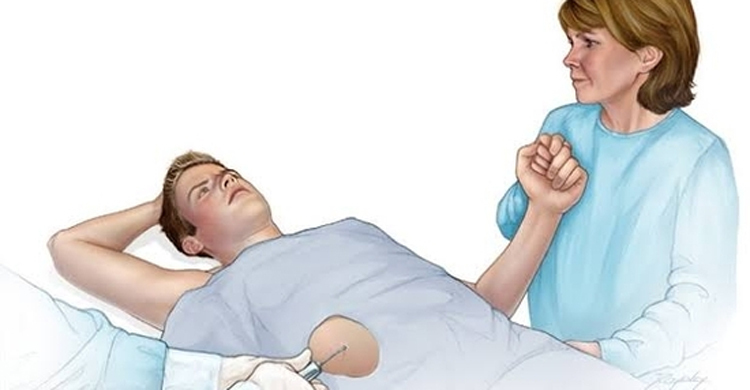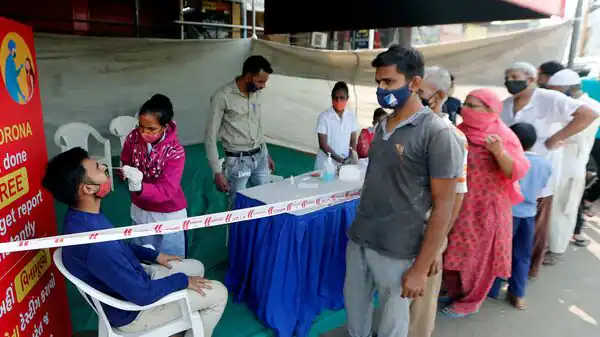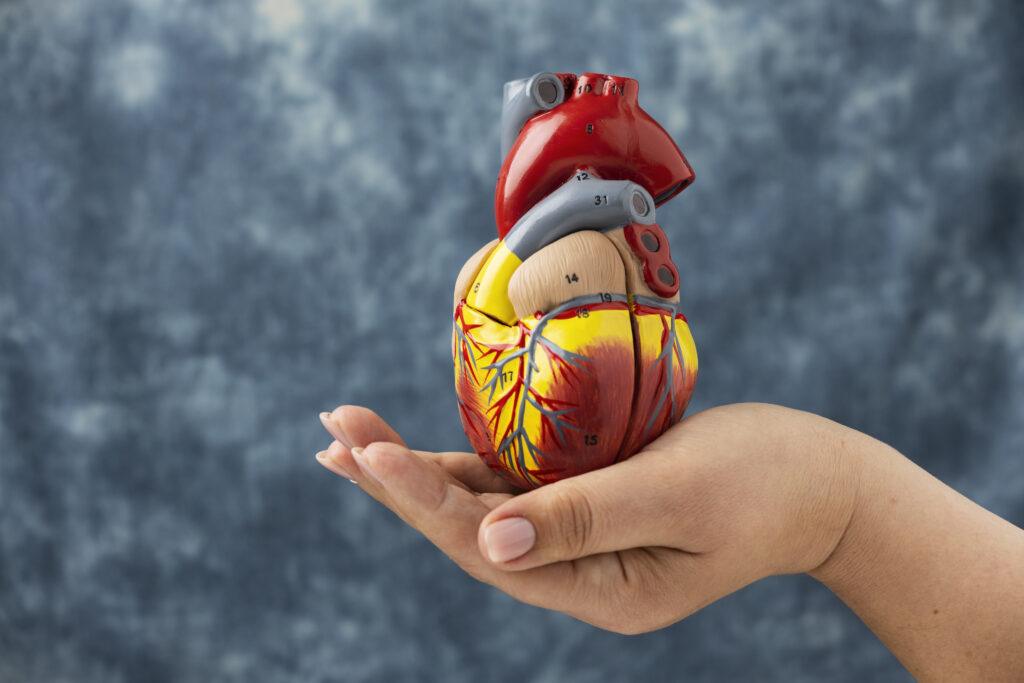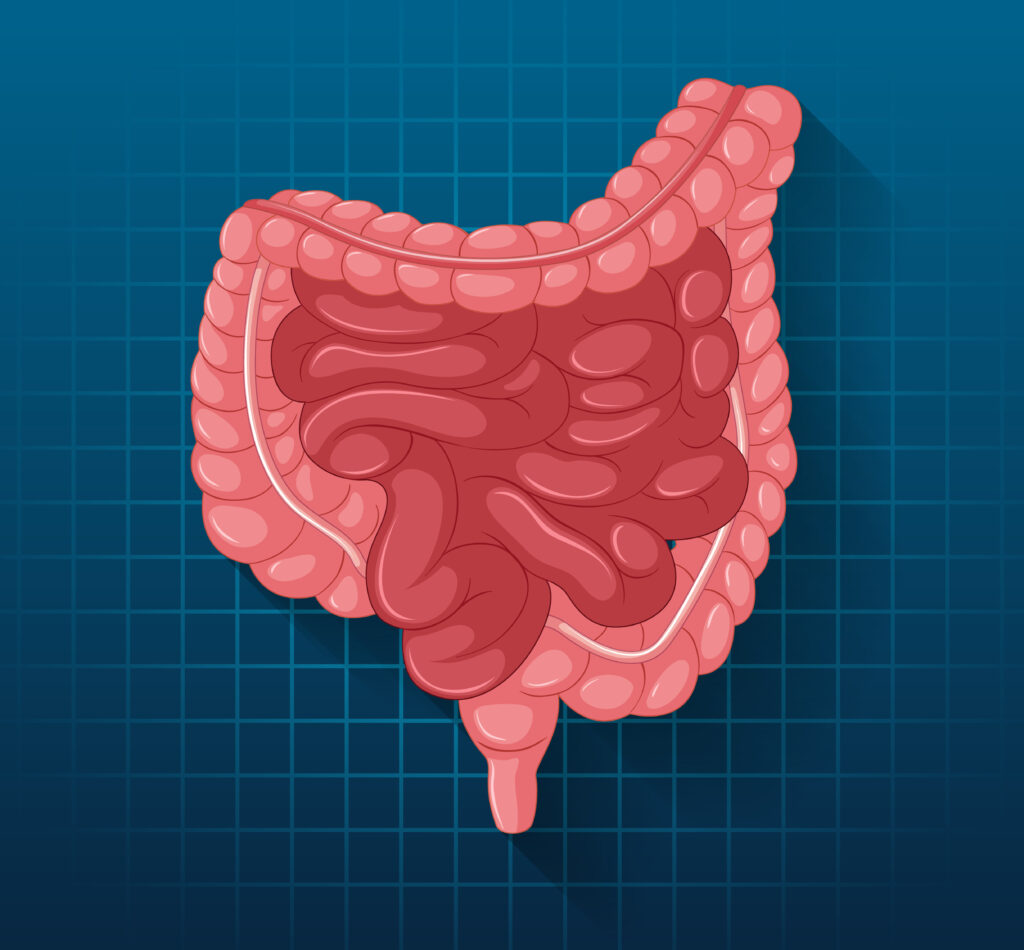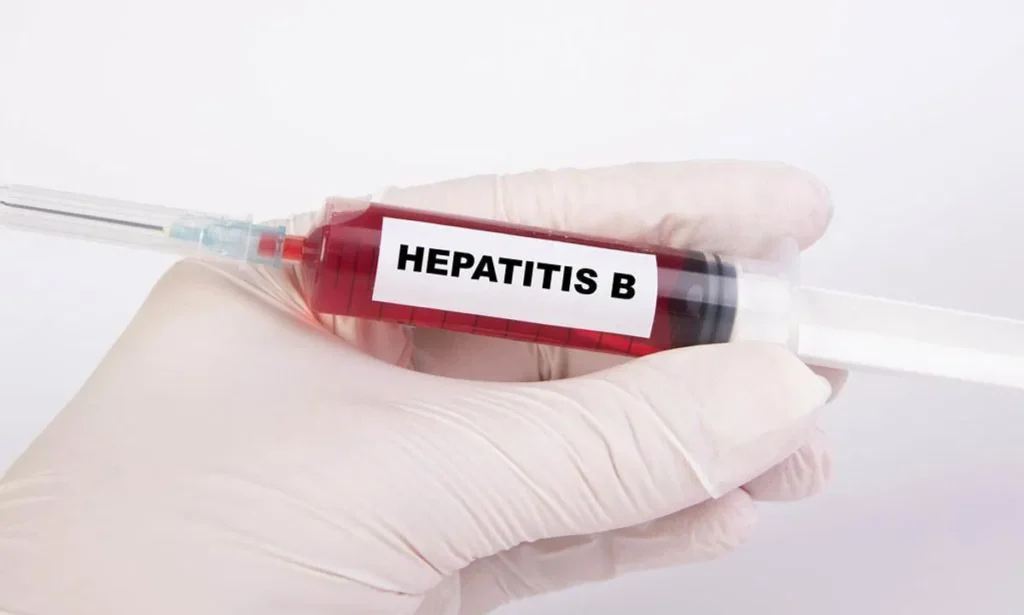Wilson’s Disease is a rare genetic disorder that causes copper to accumulate in various organs, including the liver, brain and eyes and the excess copper can cause significant damage to these organs, leading to a range of symptoms. According to health experts, Wilson’s disease is one of the main reasons of cirrhosis of liver beside alcohol, hepatitis B and hepatitis C virus but mostly these diseases are silent and once symptoms come the disease is usually in an advance state. It is a hereditary disease, which means it runs in family and is a rare genetic disorder that affects the body’s ability to remove excess copper from vital organs like the liver, brain and eyes. This disease, also known as hepatolenticular degeneration, can cause severe neurological and liver problems if left untreated. Causes: In an interview with HT Lifestyle, Dr Purshottam Vashistha, Consultant – Gastroenterology at Apollo Hospitals in Navi Mumbai, shared, “Wilson’s Disease is caused by a genetic mutation that affects the body’s ability to metabolize copper. Normally, the liver removes excess copper from the body and releases it into the bile for excretion. In people with Wilson’s Disease, this process is disrupted, leading to the accumulation of copper in the body.” Dr Sanjeev Rohatgi, Lead Consultant – Liver Transplant and HPB Surgery at Manipal Hospital in Bangalore’s Whitefield, revealed, “Wilson’s disease is a genetic disorder resulting in abnormal accumulation of copper in the brain, liver, and eyes. It is an autosomal recessive transmission, which means that if both the carrier – father, and mother have Wilson’s Disease, then there is a 1 in 4 chance of the child developing the condition. Wilson’s disease usually presents in the age group of up to 20 years and the presentation is acute liver failure in 5% of cases whereas the rest of the 95% present with chronic liver disease.” Elaborating upon the same, Dr Mayank Gupta, Senior Consultant – Gastroenterology at Max Super Speciality Hospital in Dehradun, said, “Wilson’s illness is inherited as an autosomal recessive trait, requiring the inheritance of one defective gene copy from each parent in order to manifest symptoms. If you have just one faulty gene, you will not get sick, but you can pass the gene on to your offspring and become a carrier. If your parents or siblings have Wilson’s Disease, you may be more susceptible to the disorder. Consult your doctor about whether you should get tested for Wilson’s Disease via genetics. The likelihood of successful treatment greatly increases with early diagnosis of the illness.” Symptoms: According to Dr Purshottam Vashistha, the symptoms of Wilson’s Disease can vary widely, depending on which organs are affected and the severity of the condition. Some of the most common symptoms include: Liver problems, such as jaundice, abdominal pain and an enlarged liver Neurological problems, such as tremors, difficulty speaking and muscle stiffness Psychiatric problems, such as depression, anxiety and mood swings Eye problems, such as a brownish ring around the cornea and difficulty seeing in low light Dr Sanjeev Rohatgi, pointed out, “If they present with acute liver failure, there will be signs of liver failure such as jaundice, ascites, abdominal distension, encephalopathy, and coagulopathy -abnormal coagulation. These patients are usually very sick and they require liver transplants straight away. The rest of the 95% of patients present with a chronic liver disease where the liver gets affected slowly because of the accumulation of copper and eventually the liver become cirrhotic.” Dr Mayank Gupta insisted that while Wilson’s Disease could be present at birth, it does not show any signs or symptoms until copper levels in the brain, liver or another organ start to rise. Depending on the areas of your body that the disease has damaged, your signs and symptoms will vary. They may consist of: Fatigue, a lack of appetite, or stomach discomfort A jaundice-like yellowing of the skin and eye whites Eye discolouration that is golden-brown (Kayser-Fleischer Rings) Accumulation of fluid in the legs or abdomen Speech, swallowing, or motor coordination issues Uncontrolled motions or rigid muscles Diagnosis: Dr Chetan Kalal, Program Director – Hepatology and Transplant Medicine at Nanavati Max Super Speciality Hospital in Mumbai, explained, “Diagnosing Wilson’s Disease can be challenging, as the symptoms are similar to those of other conditions. A complete medical history, physical examination and blood tests can help diagnose the disease. However, the gold standard for diagnosis is a liver biopsy, which can detect the presence of excess copper in the liver. Genetic testing can also confirm the presence of the ATP7B mutation.” Treatment: Dr Purshottam Vashistha revealed, “The treatment for Wilson’s Disease typically involves a combination of medication and dietary changes. The goal is to reduce the amount of copper in the body and prevent further damage to the organs. The medication used to treat Wilson’s Disease is called a chelating agent, which binds to copper in the body and allows it to be excreted. The most commonly used chelating agent is called penicillamine, although other medications, such as trientine and zinc, may also be used. Dietary changes can also help manage the symptoms of Wilson’s Disease. Foods that are high in copper, such as shellfish, liver, and nuts, should be avoided. Instead, people with Wilson’s Disease should focus on eating a balanced diet that includes plenty of fruits, vegetables, and whole grains.” As per Dr Chetan Kalal, the treatment involves removing excess copper from the body and preventing further accumulation. He said, “The primary treatment is medication, such as chelating agents, which bind to copper and remove it from the body. Zinc acetate and penicillamine are the two most commonly used medications to treat Wilson’s Disease. A liver transplant may be necessary in severe cases, especially if the liver has suffered irreversible damage. The success rate of liver transplants for Wilson’s Disease is high, and most patients see a significant improvement in their symptoms after the procedure. However, this is a costly and invasive procedure, which is not viable for all patients.” Bringing his expertise


